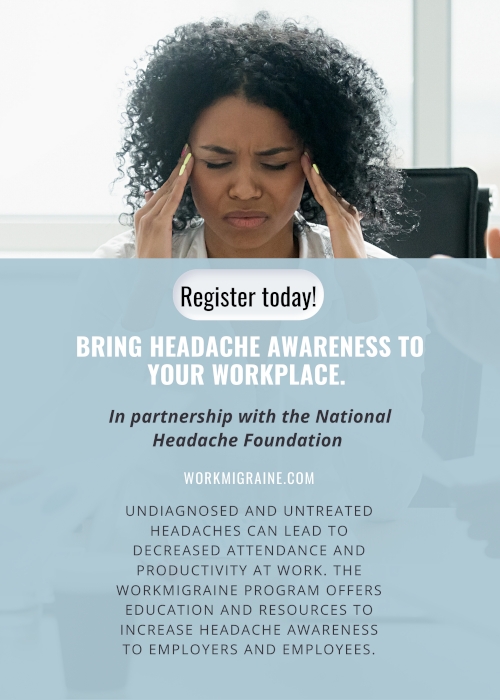Diabetes EducationJoin Now
Diabetes Education
Diabetes education helps individuals with diabetes learn how to manage their disease and be as healthy as possible. It focuses on seven self-care behaviors that are important to focus on to be healthy and fully enjoy life:
- Healthy eating
- Being active
- Monitoring
- Taking medication
- Problem solving
- Healthy coping
- Reducing risks
The goal of diabetes education is to help people with diabetes practice these behaviors every day. This can be difficult but it does work, by helping lower blood sugar (glucose), blood pressure and cholesterol. Most people with diabetes know self-management is important, but many find it overwhelming. Diabetes education helps by designing a specific plan for each person that includes the tools and support to help make the plan easy to follow.
How does someone receive diabetes education?
Diabetes education is usually prescribed by a primary care doctor who writes a referral for diabetes education (sometimes called diabetes self-management training). Diabetes education programs are found in a variety of places – hospital outpatient facilities, clinics, doctor’s offices, to name a few – and staffed by diabetes educators. These specialists are healthcare professionals – often nurses, dietitians or pharmacists – who focus on all aspects of diabetes care, and are also skilled in counseling, education and communication.
What does diabetes educators do?
Diabetes educators have the knowledge and skills to teach people with diabetes how to manage their diabetes to live their healthiest life. For example, diabetes educators explain how foods affect blood sugar, give specific directions for taking medication correctly and offer guidance on how to lower the risk of diabetes-related complications. It can include advice on everything from getting through the excesses of holiday dinners and parties, to coping with the challenges of managing diabetes while traveling for work or fun.
Diabetes education is not a lecture on what not to do. It’s real-life guidance, coaching and support proven to help people understand exactly how to best manage their diabetes, and to feel less alone while doing it.
Diabetes education can take place in a group or one-on-one setting as part of a formal or informal format. (Source: AADE)
Helpful Links about Diabetes Education

